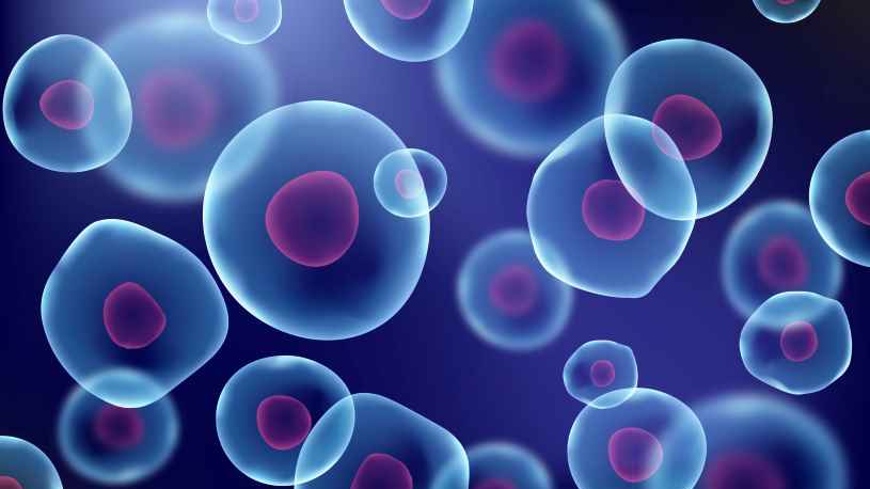The European Pharmacopoeia (Ph. Eur.) is seeking stakeholder feedback on the revised general chapters Colony-forming cell assay for human haematopoietic progenitor cells (2.7.28) and Nucleated cell count and viability (2.7.29), published in this quarter’s issue of Pharmeuropa (34.1) for comment (deadline 31 March 2022).
Both chapters have been updated to include new automated technologies and to improve the standardisation of the analytical procedures. A validation section has also been included in these two texts. It corresponds to accepted scientific practice and current recommendations on analytical validation such as ICH Q2 guideline (R1).
As a result, the Nucleated cell count and viability (2.7.29) chapter now describes image cytometry technologies. A table summarises the main characteristics of image cytometry and flow cytometry, as they are the most commonly used techniques for automated counting and viability. Another table was also included to briefly describe the spectral properties of commonly used dyes, their modes of action and the methods in which they are used.
The revision of the Colony-forming cell assay for human haematopoietic progenitor cells (2.7.28) chapter also clarifies the definition of colony-forming cells and their functional capacity. Moreover, it addresses the possibility of using serum-free medium and recombinant growth factors.
The revision of these general chapters is of high importance and will help users to select, standardise and validate these analytical procedures which are commonly used in the rapidly evolving field of advanced therapy medicinal products (ATMPs), therefore contributing to patient safety.
All interested parties are encouraged to review the draft and submit their comments before the deadline of 31 March 2022.
For more information on how to comment, please consult our guide “How to comment”. Comments from states parties to the Ph. Eur. Convention should be sent to the responsible national pharmacopoeia authority (NPA); comments from other countries or from industry associations should be sent to the European Directorate for the Quality of Medicines & HealthCare (EDQM) via the EDQM HelpDesk.
See also:




